Acquia Cloud vs WP Engine
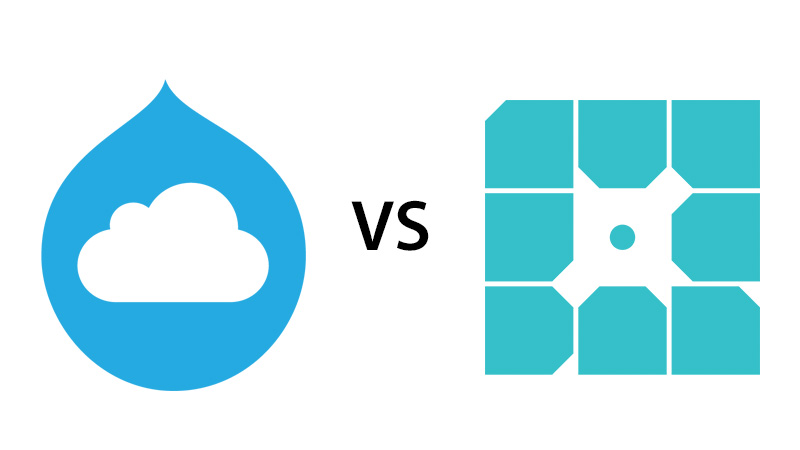
Introduction
Acquia Cloud is the premier hosting provider for Drupal while WP Engine is the web hosting leader for WordPress. Differences between the two platforms like initial site setup, code management, database versions, site migration, and more. Drupal and WordPress are architecturally quite different. In this post we look at how these differences manifest in their respective hosting providers.
First, a brief nod to how functionally similar they are. Both provide almost identical devops functionality: multiple environments, backup, restoration, archiving, SSL enablement and code management. Here is a screenshot of the WP Engine and Acquia Cloud dashboard:
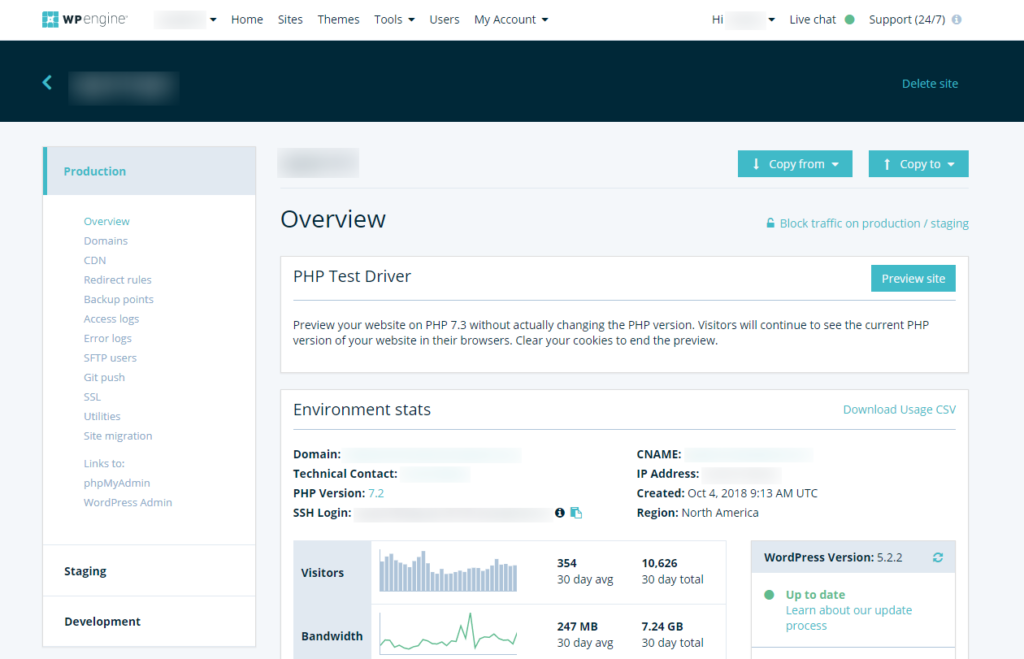
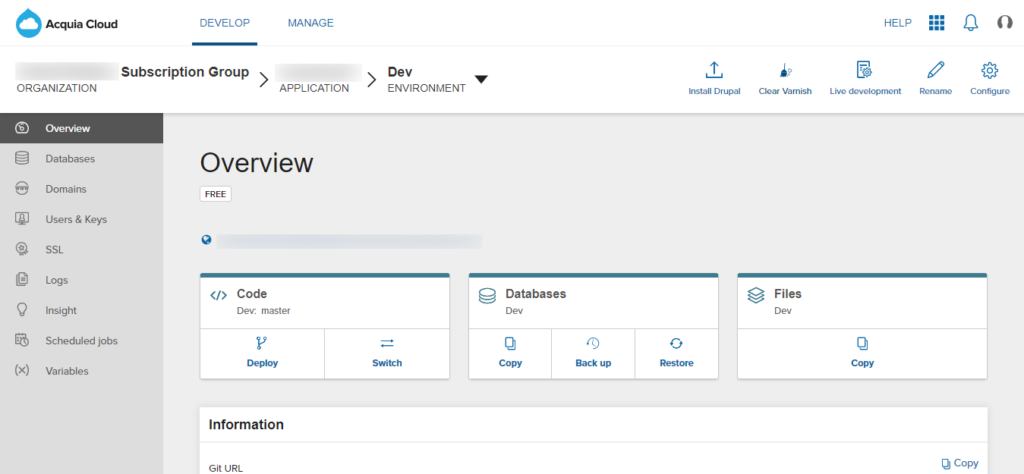
Clearly, an amazing amount of overlap!
Initial Site Setup
Perhaps the biggest difference between the two platforms is how differently they approach the initial site setup. Acquia Cloud offers a downloadable desktop app (Link).
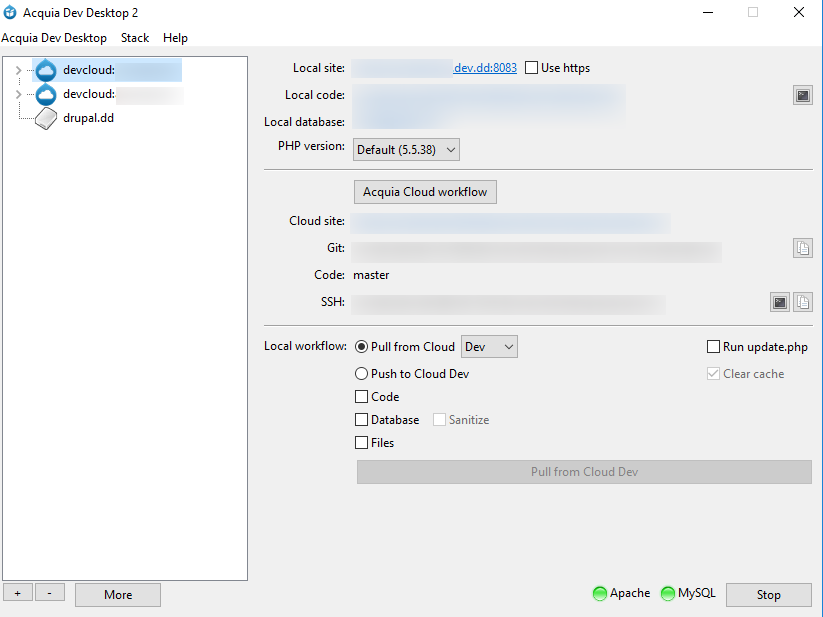
When you start the application, it shows three options: start a Drupal instance from scratch, start with a local Drupal site or start with a Drupal site on the Acquia cloud. A quick couple of steps involving SSH key setups and voila! – you are up and running.
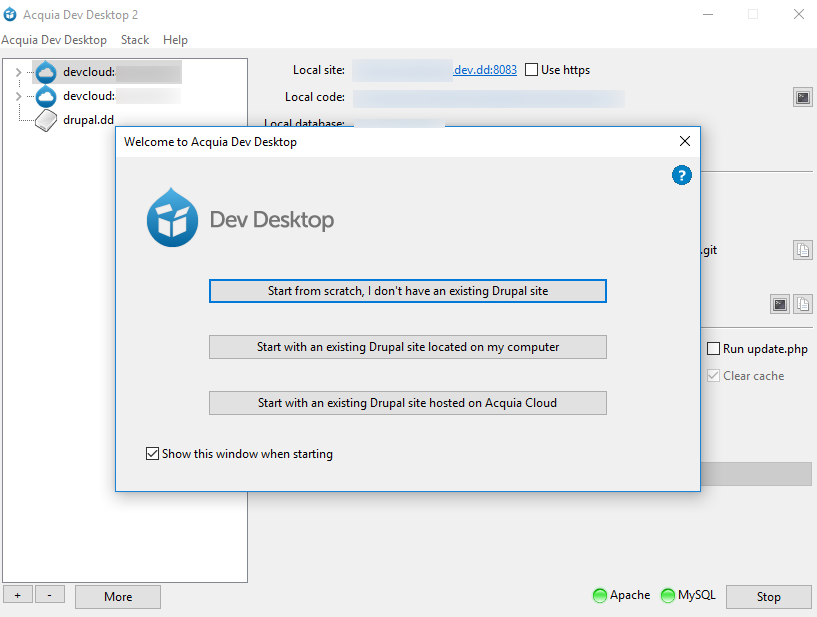
In contrast, the process for getting a WordPress instance running on WPEngine is a little bit more complicated. We can either use plugins such as All in one WP Migration and Duplicator or do it manually. Either way, it is not as simple and elegant as Acquia’s approach.
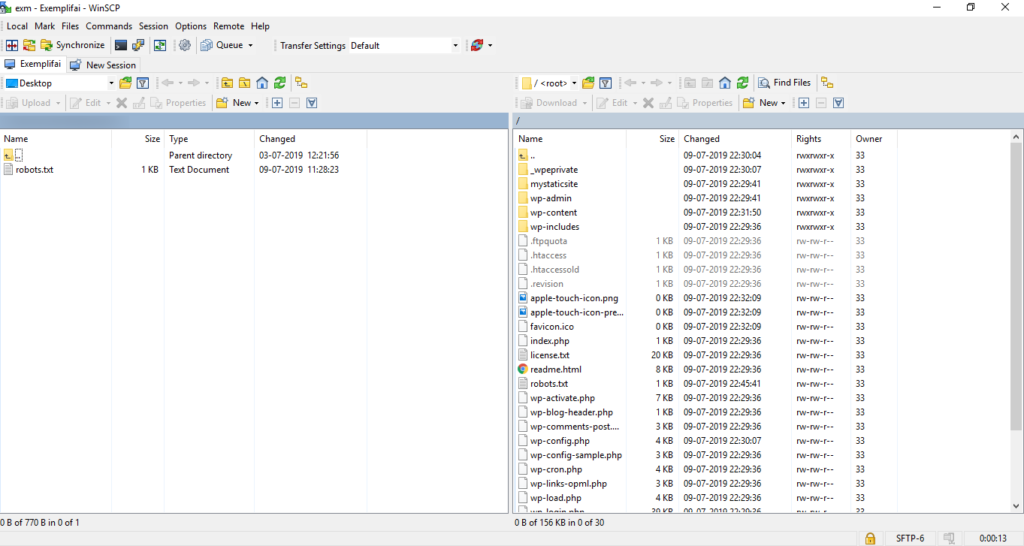
Code Management
Acquia Cloud lets a user manage the code, files and database separately. In contrast, all of this is managed as a single entity within WP Engine.

Acquia Cloud allows more granular control. For eg. you can move the code from dev to stage, but not the database. This is much harder to achieve in WPEngine. Another minor difference is that Acquia does not allow code pushes directly to stage or production environments — it has to go through the dev environment. WPEngine is more lax in this matter.
Database Versions
Both WP Engine and Acquia offer a phpmyadmin interface to manage database related operations: importing, exporting and running SQL queries. The big difference is that Acquia also offers automatic backup and restore of the database.
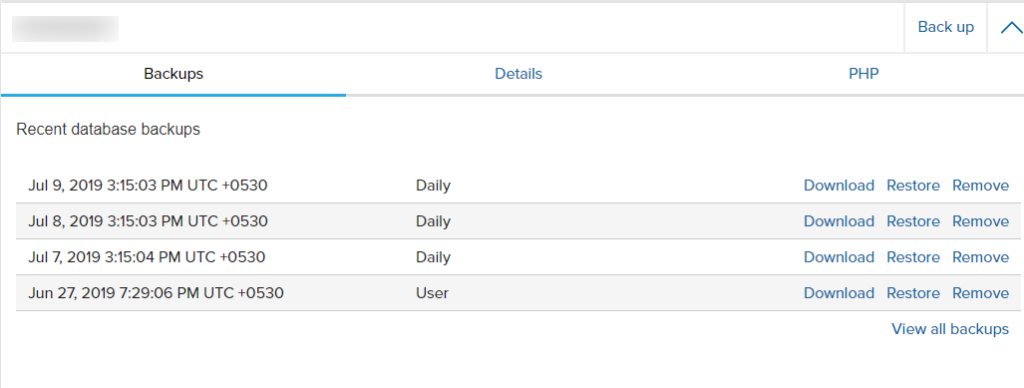
PHP Versions
WP Engine maintains a very tight coupling between WordPress and the PHP version. When either of them change, WP Engine automatically updates both of them. Acquia cloud on the other hand, gives the flexibility to select PHP versions separately from the Drupal instance. Drupal 7 for example can run on older PHP versions while Drupal 8 runs on newer versions.
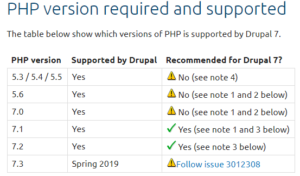
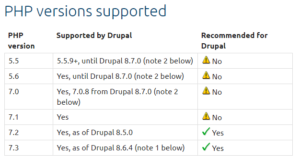
Scheduled Jobs
Acquia cloud provides the facility to run scheduled cron jobs. Although Drupal has this native capability, Acquia’s scheduled jobs are more reliable also support integrated logging for all applications running on it.
WordPress has native capabilities via wp-cron but it is not as robust. Although WPEngine has this cron job functionality in the backend, one has to request the support team to set it up.

Redirect Rules
Redirect rules automatically guide visitors away from old or expired links. WPEngine provides a simple interface to manage these 301 and 302 redirects without the need to configure additional plugins or edit the .htaccess file manually.
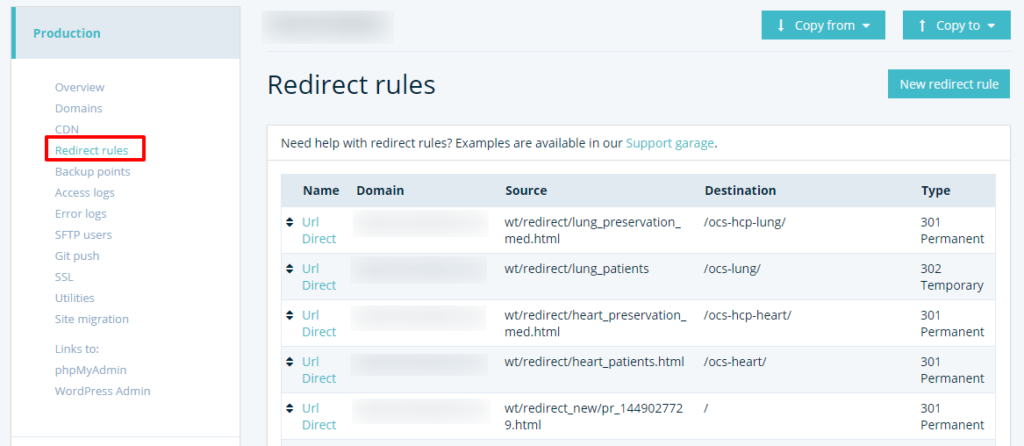
Site Migration
Moving sites from one provider to another is a big deal and usually involves a lot of work. WPEngine provides an easy-to-use migration utility that builds on BlogVault. Simply install the plugin in the destination environment, provide the sftp details to WPEngine and the work gets done in a single click.
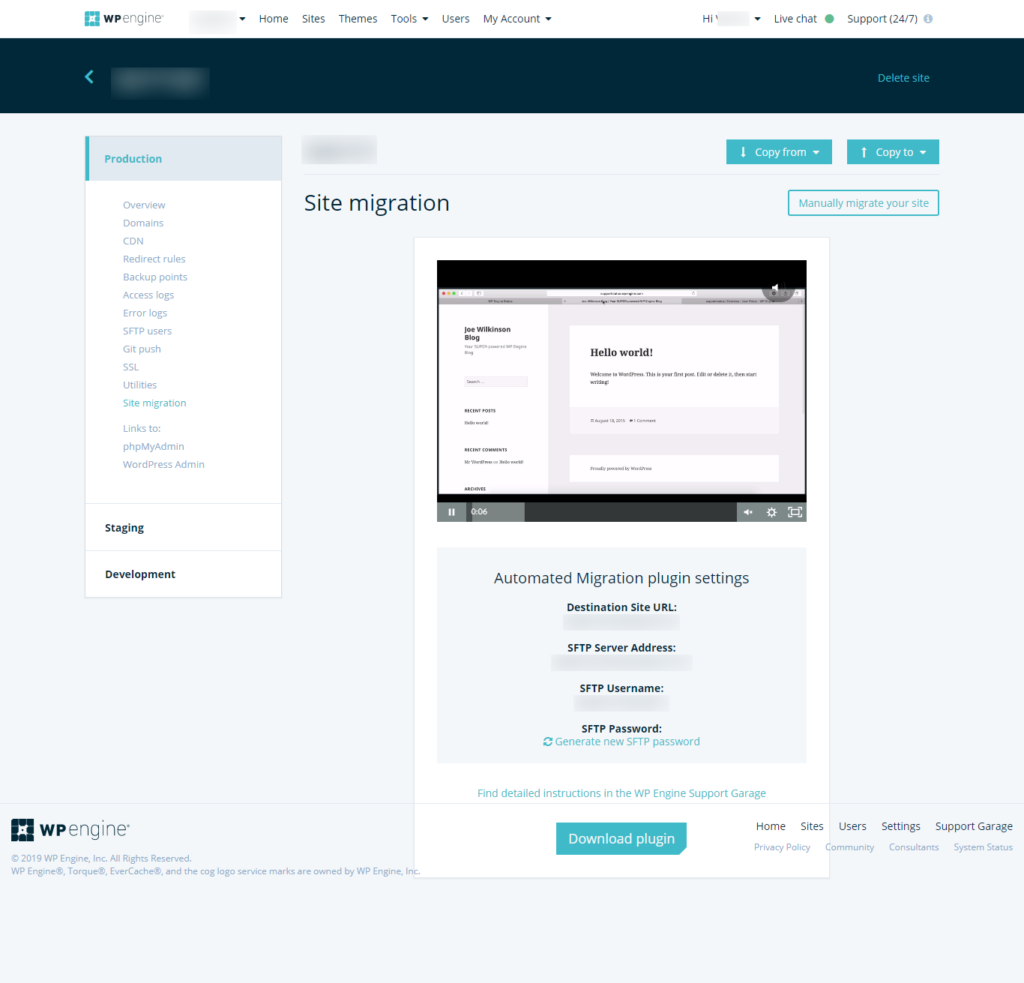


Acquia Cloud has its Site Factory capability but it doesn’t provide such an elegant single-click capability and involves a lot more steps.
Further Reading
- There are a series of detailed posts where we compare multiple WordPress WebOps platforms: WP Engine vs. Siteground, Kinsta vs. WPEngine, Strattic vs. WPEngine
- Another useful piece covers the essentials of DevOps for managing enterprise websites